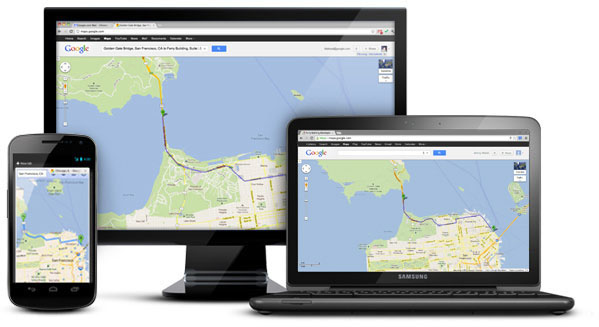Chrome 50 Lands With Improved Push Notifications, Faster Page Rendering For OS X, Windows And Linux
When Google released the first version of its Chrome Web browser way back in 2008, it was hard to guess whether or not it'd become a success. Naturally, many pieces of software come out that don't really "click" with people, but with Chrome, the promise of speed and lack of bloat lured many in without hesitation.
Today, Chrome isn't just the most popular Web browser in most markets, it's leaked out of our desktops and notebooks and onto our mobile devices and even streaming TV sticks. To say that the past 8 years have been eventful for Chrome would be an understatement, but there is a little something to help with the celebration: the 50th version.
Given that Google has ramped up its release cycle significantly, Chrome 50 isn't as special as it would be if only one or two versions came out each year (45 came out in September), but it's still notable, because it could be argued that the best keeps getting better. As with most new releases, though, it's very unlikely that you'll notice a real difference if you don't know what to look for.

There are a couple of nice features coming along with Chrome 50, though, such as improved push notifications, allowing websites to send them faster and without a final server check. Sites can also receive information back about the interactions with the notification, allowing them to see what struck the right chord with people, and what fell flat.
Also "new" with this version is a removal of support for old OSes. As promised last year, Chrome 50 ceases support for Windows XP and Vista, as well as OS X 10.8 (Mountain Lion) or earlier. If you're running either of those OSes, it should be safe to say that you are long overdue on upgrading anyway.
As always, Chrome 50 includes a number of bug fixes, and over at the official release blog, we can see that some of those bugs resulted in some handsome payouts. An anonymous user fixed a security issue with the universal XSS in extension bindings, for example,. and walked away with $7,500. Another user, Choongwoo Han, patched up an out-of-bounds write in the V8 engine and was awarded $5,000. A safer browser for us, and stuffed pockets for those that find the bugs - that's what we'd call a win.
You can hit up the main Google Chrome website to snag the newest version, or go to "About Google Chrome" in the browser and have it automatically update.

